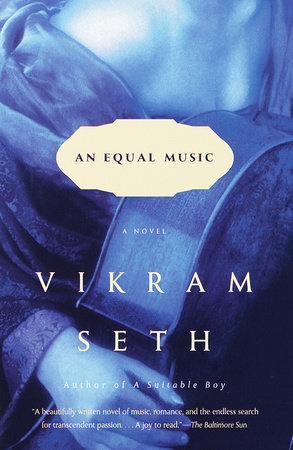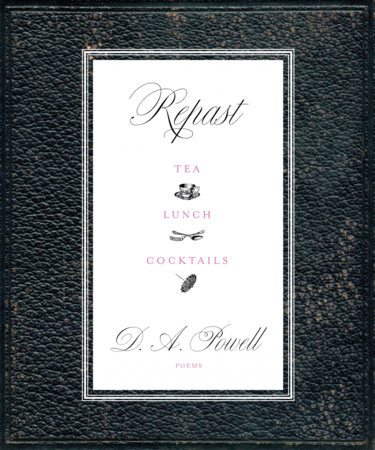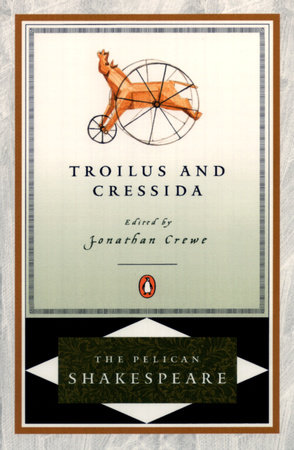Electric Lit relies on contributions from our readers to help make literature more exciting, relevant, and inclusive. Please support our work by becoming a member today, or making a one-time donation here.
.
The pleasures of sex, like life, are temporary. Love is perhaps more complicated, but if we are being honest with ourselves, I think we have to admit that many love relationships have an expiration date, as evidenced by the fact that so many of them end. Being time-bound, however, does not make sex or love less desirable. Quite the opposite.
Eleanor and Earnest, the two ill-suited lovers in my first book of poetry, Earnest, Earnest?, are not meant to be together, but something drives them to return to each other again and again. To seek the connection of sex and love knowing this connection is likely to die is either reckless, or brave, or both. Beyond the prurient, this is what draws me to tales of doomed love—in these unions and breakups, I see a microcosm of the human predicament. My favorite visions of lovers who lose each other are contained in these ten books:
Crush by Richard Siken
“The entire history of human desire takes about seventy minutes to tell,” writes Richard Siken, “Unfortunately, we don’t have that kind of time.” And it is at breakneck pace that the lovers in Siken’s poems come together and split apart. Before he wrote Crush, Siken’s boyfriend died in a car accident, but that loss is transmuted in the book, so the lovers are torn apart for different reasons across the three sections—sometimes the cause is death, sometimes choice, but the result is always heartbreak.
Brute by Emily Skaja
When we want someone to love us, we want them to love our body and our mind, yet this is rarely what we get. In Brute, the man the speaker lives with says to her, “I could never love someone so heavy.” What proceeds from here is an exquisite portrait of a brutal love affair.
The House of Deep Water by Jeni McFarland
After the dissolution of her marriage and the loss of her job, Elizabeth DeWitt is forced to move back to River Bend, Michigan, the small town where she grew up, but—because of the color of her skin—never quite felt she belonged. Beth’s return is an unhappy one, and it leads her to reunite with her first doomed love, a man who dated her and her best friend simultaneously, and, ultimately, married her friend. The novel confronts not just the consequences of being the other woman, but also the consequences of being labeled other in the place you call home—it’s an exploration of how trauma and loneliness, like everything else in America, are not equally distributed.
Bluets by Maggie Nelson
In Bluets, Maggie Nelson describes being left by a man, then falling in love with a color: blue. Part nonfiction, part prose poetry, what I love particularly is how the common wisdom of getting over or moving past a lost or unrequited love is interrogated and found to be lacking:
“For to wish to forget how much you loved someone—and then, to actually forget—can feel, at times, like the slaughter of a beautiful bird who chose, by nothing short of grace, to make a habitat of your heart.”
In the Dream House by Carmen Maria Machado
This memoir writes into the silence surrounding domestic abuse, and in particular domestic abuse in lesbian relationships; and asks whether knowledge can save us:
“Would knowing have made you dumber or smarter? If, one day, a milky portal had opened up in your bedroom and an older version of yourself had stepped out and told you what you know now, would you have listened?”
The inventive architecture ensures that with every section, the story changes and it stays the same.
An Equal Music by Vikram Seth
Michael Holme, a talented and accomplished violinist, is in love with Julia McNicholl, an equally gifted and skilled pianist, but he has a nervous breakdown and he leaves. Ten years later, a chance encounter reunites them in London, and they resume their relationship, but now Julia is married and has a secret. It’s a story about how we can be precise in work and imprecise in love.
Autobiography of Red by Anne Carson
What slays Geryon is not violence, it’s Herakles’ carelessness and indifference: “It was raining on his face. He forgot for a moment that he was a brokenheart / then he remembered. Sick lurch.” But this is only the beginning of this novel in verse.
Tea by D. A. Powell
After the end of a relationship, D. A. Powell did not write for a year. When he began again, he “took my failed relationship as subject” and “turned my notebook sideways, pushing into what would traditionally be the margins of the page.” The result is this book of brief-but-long-lined poems, impeccable in their observation of how bodies tangle and disentangle, hardcore in their longing:
. . . we rubbed each other out: a pair of erasers
what happened to “significant” out of bed: abolished in the act of standing. like a “lap”
Indecency by Justin Phillip Reed
Sex and love are not entirely private matters. Rather, our most intimate acts and feelings are policed by what the larger political realm deems decent and indecent. Indecency explores how this societal policing limits access to pleasure for the queer Black speaker, and imagines how this could change:
. . . For a second, you realize
that every single man in the room
has his back to another. Suppose
this were not true all the time.
Troilus and Cressida by William Shakespeare
We give too much time and space to Romeo & Juliet. My preferred tale of doomed love is Troilus & Cressida. Set against the backdrop of the Trojan War, which is also the backdrop of Western literature, Troilus (a teenager) swears undying love to Cressida (another teenager), yet after their first night together, he agrees to trade her to the Trojans. He promises to visit Cressida in the opposing camp, but spies on her instead, which is how he witnesses her first tryst with Diomedes. Troilus then calls Cressida a “whore,” and this is more or less how history remembers her. It’s a stark reminder that when things end, blame is rarely evenly assigned.











